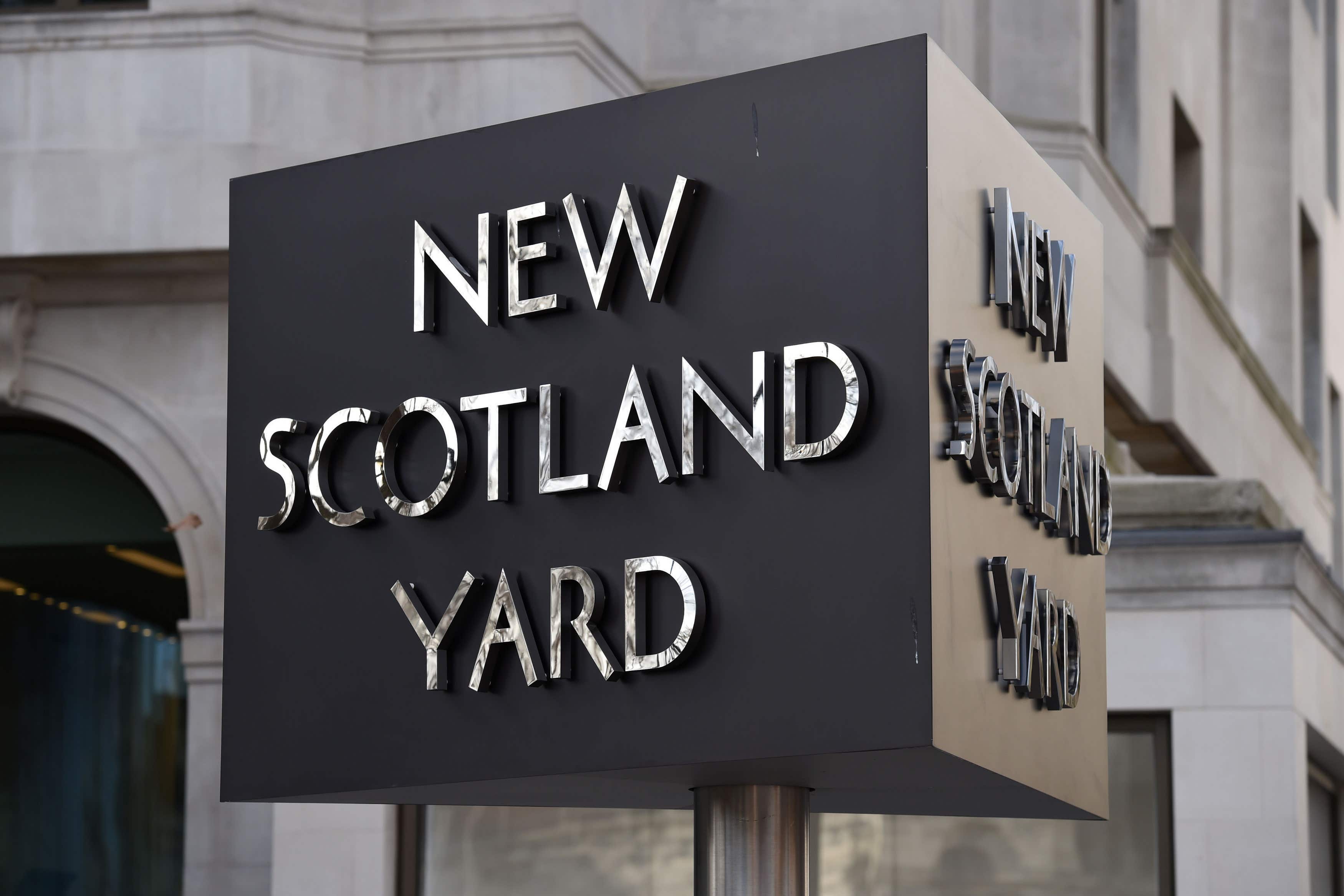Trust in police shattered, says Downing Street, after ‘appalling’ Carrick case
The met has apologised to victims.

More change is needed in the Metropolitan Police, Downing Street said, after serving officer David Carrick admitted 49 offences, including 24 counts of rape, after carrying out sex attacks on a dozen women over an 18-year period.
Downing Street described the case as “appalling” and said that high-profile incidents had “shattered” public trust.
The Met has apologised to victims after it emerged Carrick had come to the attention of police over nine incidents, including allegations of rape, domestic violence and harassment, between 2000 and 2021.
Carrick, who joined the Met in 2001 before becoming an armed officer with the Parliamentary and Diplomatic Protection Command in 2009, faced no criminal sanctions or misconduct findings, and was only suspended after being arrested over a second rape complaint in October 2021.
He appeared at Southwark Crown Court on Monday to plead guilty to four counts of rape, false imprisonment and indecent assault, relating to a 40-year-old woman in 2003.
This is a truly shocking and appalling case, with the most devastating rapes, sexual and violent crimes committed against women by a serving police officer
Downing Street said that police forces must “root out” any such officers, while acknowledging that public trust has been damaged by the case.
The Prime Minister’s official spokesman said: “This is an appalling case and the Prime Minister’s thoughts are with all of his victims.
“We have been clear, there is no place in our police forces for officers who fall so seriously short of the acceptable standards of behaviour and are not fit to wear the uniform.
“Police forces must root out these officers to restore the public’s trust, which has been shattered by high-profile events such as this.
“The Home Office is pushing for improvement and has recently announced a review of police dismissals to ensure the system is fair and effective at removing officers who are not fit to serve.”
Rishi Sunak retains faith in the Met and its chief Sir Mark Rowley, the spokesman said, adding: “The commissioner has acknowledged the significant work required by the force.”
Home Secretary Suella Braverman is looking at how the dismissal process for officers can be improved, amid concerns about a lack of public trust in the police.
Officers like David Carrick need to be identified and rooted out quickly, with investment in quality supervision and training to ensure the small number of officers who abuse their position are removed immediately
Shadow home secretary Yvette Cooper said the case was evidence of “appalling failures” in the police vetting procedures.
She said: “This is a truly shocking and appalling case, with the most devastating rapes, sexual and violent crimes committed against women by a serving police officer.
“It is a tribute to the bravery of his victims that this man has now been caught.
“But it is further evidence of appalling failures in the police vetting and misconduct processes, still not addressed by Government, that he was ever able to serve as a police officer.
“Everyone who demanded change will feel badly let down today.”
Liberal Democrat Leader Sir Ed Davey said that the facts of the case were “disturbing”.
These shocking and heinous crimes raise serious questions as to how a senior serving police officer was able to abuse his position of trust and authority
“Officers like David Carrick need to be identified and rooted out quickly, with investment in quality supervision and training to ensure the small number of officers who abuse their position are removed immediately.”
Former home secretary Priti Patel tweeted: “These shocking and heinous crimes raise serious questions as to how a senior serving police officer was able to abuse his position of trust and authority.”
The Met has said that the force is confident Carrick would not have passed vetting procures to join the force today, and said that in 2009, when he joined what is now the Parliamentary and Diplomatic Protection Command, previous incidents resulting in criminal or misconduct action were not necessarily taken into consideration.
Commons Speaker Sir Lindsay Hoyle wrote to MPs and parliamentary staff describing Carrick’s actions “heinous”.
“Although none of these offences took place on the Parliamentary Estate, I know how troubling and unwelcome it is that Carrick was allowed to work among us,” he said.
Sir Lindsay said that he was “seeking clear reassurance from the Metropolitan Police that their system failures which enabled Carrick to work in Parliament will never be repeated”.
